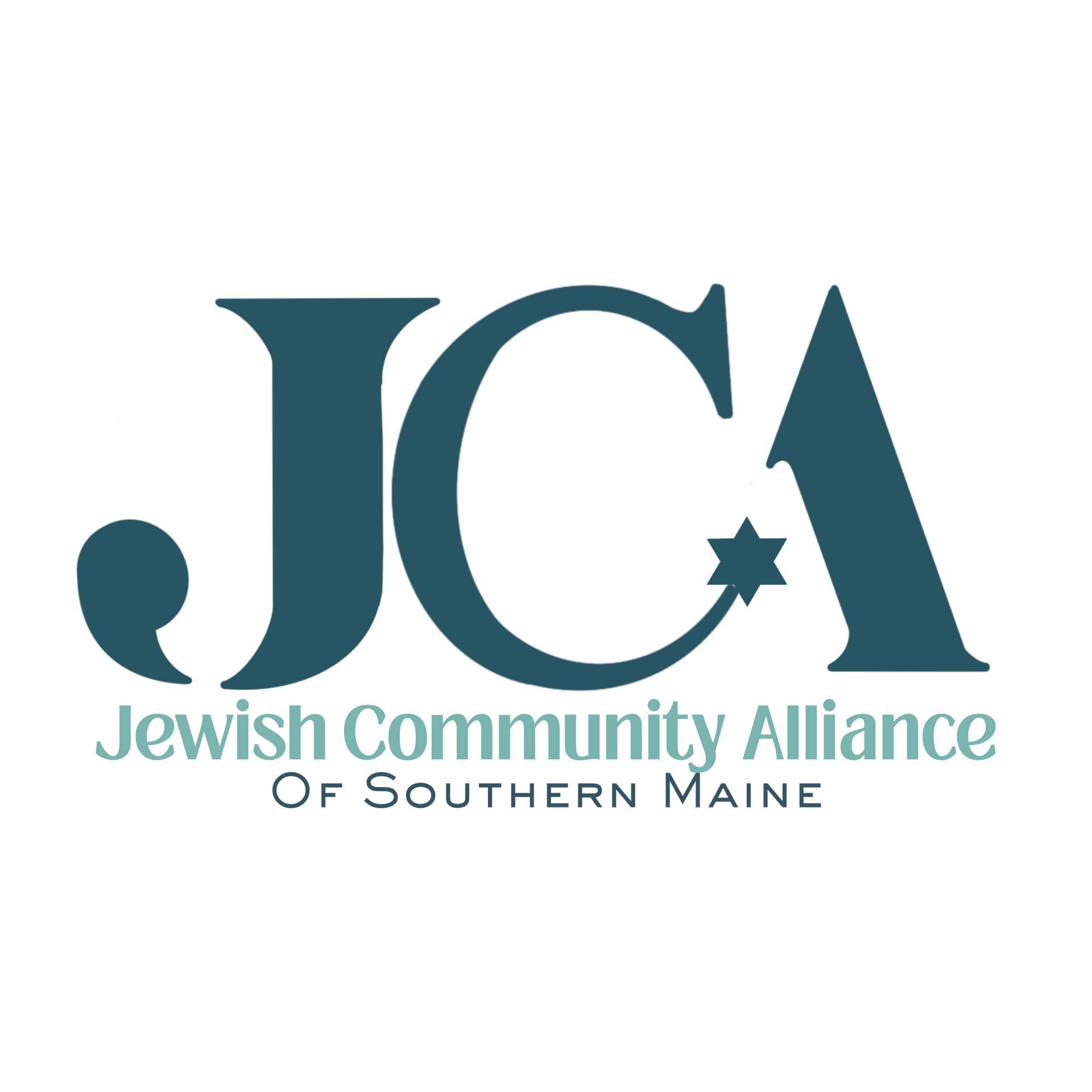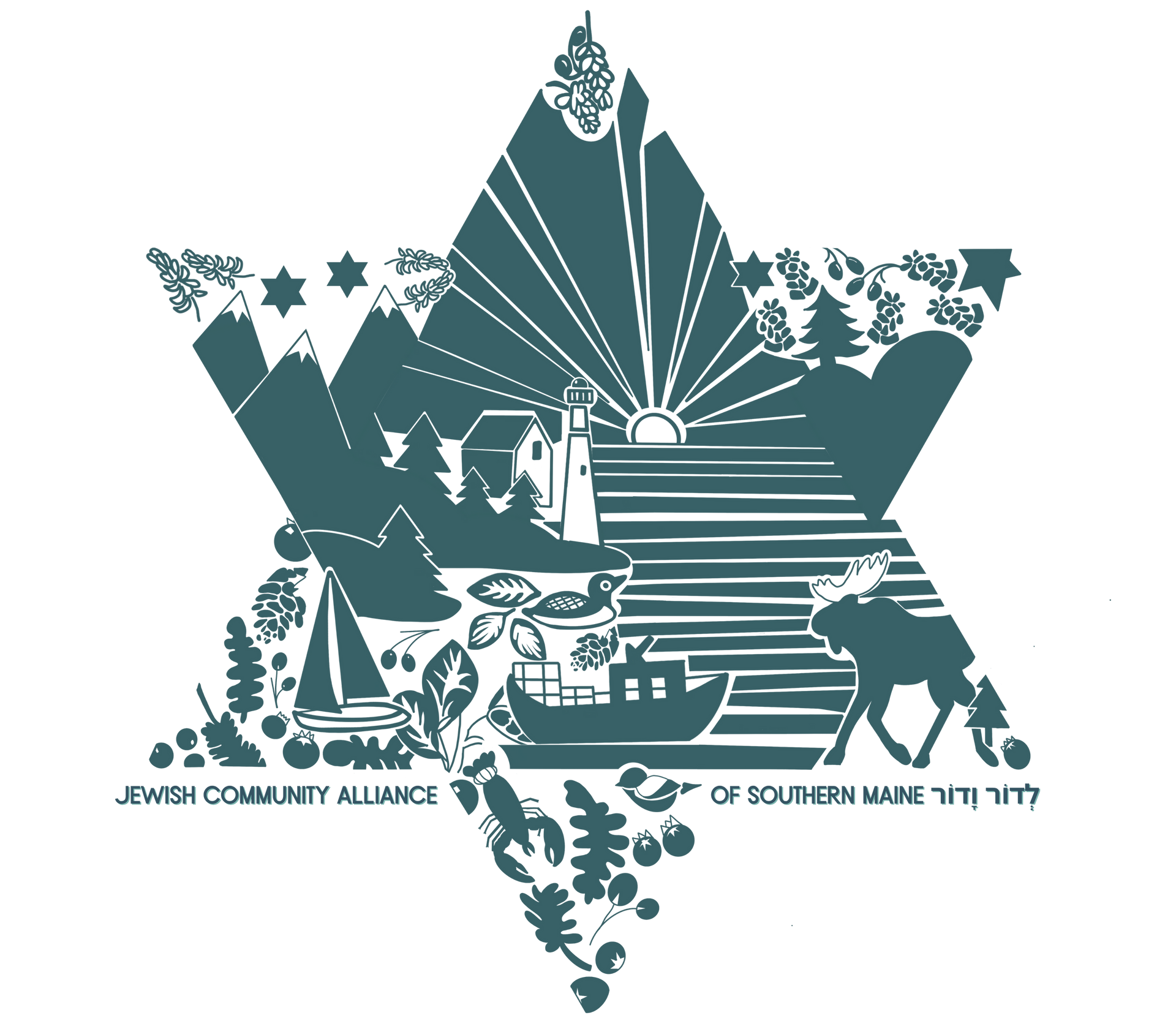Jewish Community Relations Council
Are you interested in community relations work on behalf of the Jewish Community Alliance (JCA)?
The Jewish Community Relations Council (JCRC) is accepting new members!
“Listening to all the points about Jewish history helped me remember what my parents used to tell me about Orang Jahudi (Malay for “Jewish people”) and their fight for freedom! My learning of the history of the Jewish people was much more important than the food. My heart was full that night.” —Indonesian community member on the JCRC’s Jewish-Asian Friendship Dinner.
"Minority groups like the Tutsis or others, it’s good for us to support Jewish people. Our people have many similar values: we discuss issues, we support our communities strongly, and we don’t eat pork. If I see Jewish people in the community, I see my brother or sister, even if I don’t know them." —Paul Niyonizigiye, from a JCRC spotlight featuring non-Jewish allies.
The new JCRC consists of three volunteer committees that assist JCRC leadership, including JCRC Director Zach Schwartz, in their mission of bridge-building and combating antisemitism. These committees include a Government Advocacy Committee, Intercultural Corps, and K-12 Advocacy Group.
JCRC Platform
The Jewish Community Alliance of Southern Maine is the largest Jewish organization in the state; however, Maine’s Jewish community is diverse, and while we all care about fighting hatred and antisemitism, we may not always agree on the best way to unite against it. Therefore, we want to make clear the JCRC platform and values, which represent many, but not all, Jewish Mainers. They can be distilled into two major points:
- First and foremost, we stand united against antisemitism and hatred against Jewish people in Maine, and everywhere across the world.
- Secondly, we oppose any measure that unfairly demonizes, delegitimizes, or applies a double standard to the state of Israel, such as BDS (Boycott, Divest, Sanction); our members hold a wide range of beliefs on Israeli issues, yet we unequivocally support Israel’s right to exist.
How to Join
The JCRC is open to all community members (Jewish and non-Jewish) who are interested in our work and aligned with our platform. All JCRC members receive:
- Specialized training sessions from renowned local experts and national organizations such as the Jewish Council for Public Affairs, Jews of Color Initiative, and Jewish Federations for North America
- Quarterly lunches provided by the JCA to celebrate wins
- Member perks such as books, invitations to JCA and other cultural events, and more
- A community of like-minded individuals across demographic lines who are united in our mission to build bridges and pioneer the future of Jewish community relations work!
01
Government Advocacy Committee
This group builds relationships with the elected officials that represent them and other governmental leaders on behalf of the JCRC. Examples of work that committee members would do include meeting with their local State Representatives or city councilors, writing letters in favor or opposition to a bill, and receiving specialized, non-public briefings on antisemitic incidents in Maine.
02
Intercultural Corps
This group builds friendship with other communities and faiths, working to see our communities flourish together. Examples of work that the committee members would do include attending other cultures’ festivals/celebrations/commemorations as representatives of the JCRC, volunteering for other communities during their times of need, or participating in cross-cultural exchange programs that promote learning between Jews and non-Jews.
03
K-12 Advocacy
This group supports Jewish students and educators in Maine’s schools. Examples of work that the committee members may do include meeting with school administrators on Jewish issues, communicating with schools about observance of Jewish holidays, or recommending Jewish perspectives in curricula.



